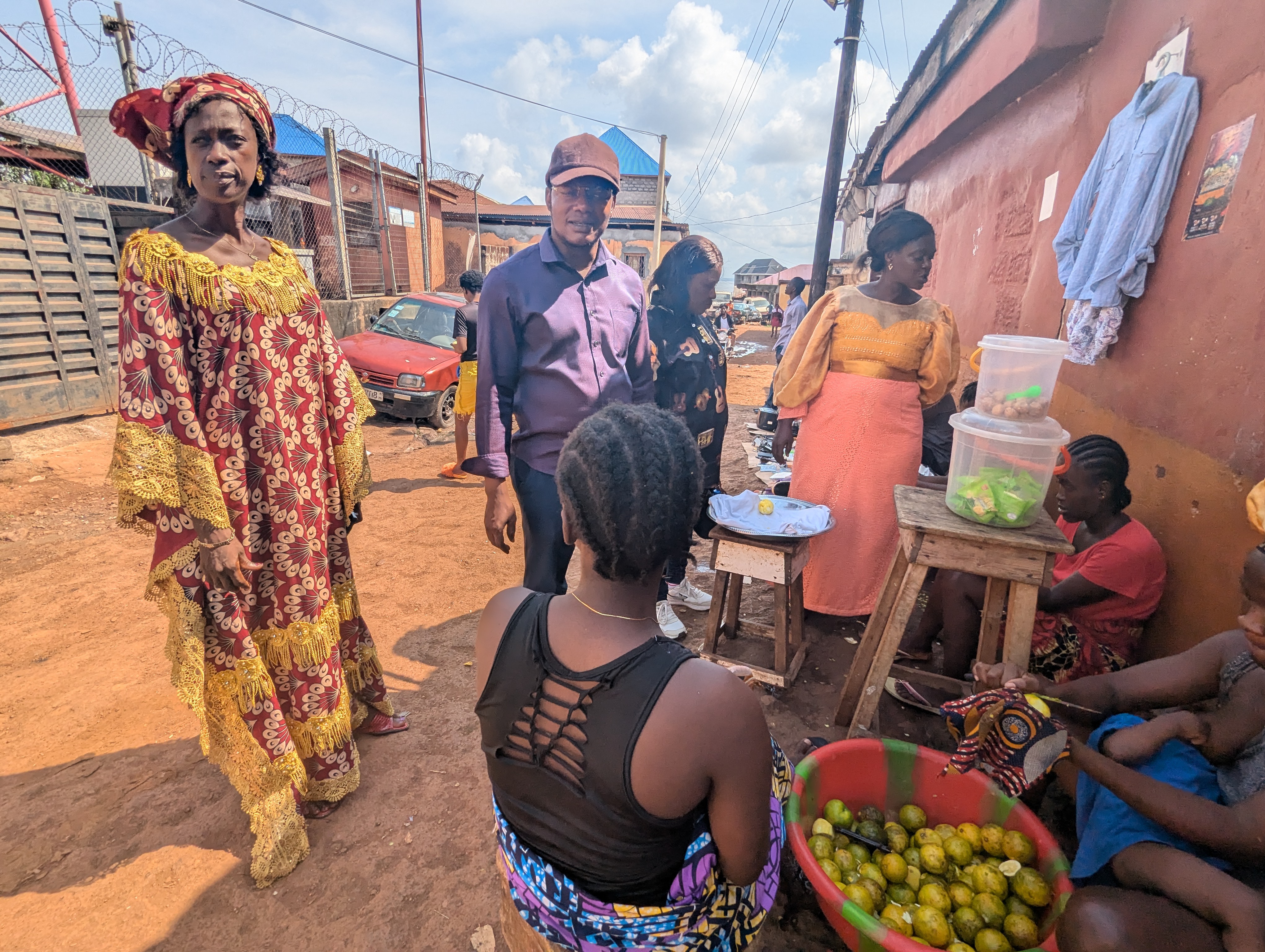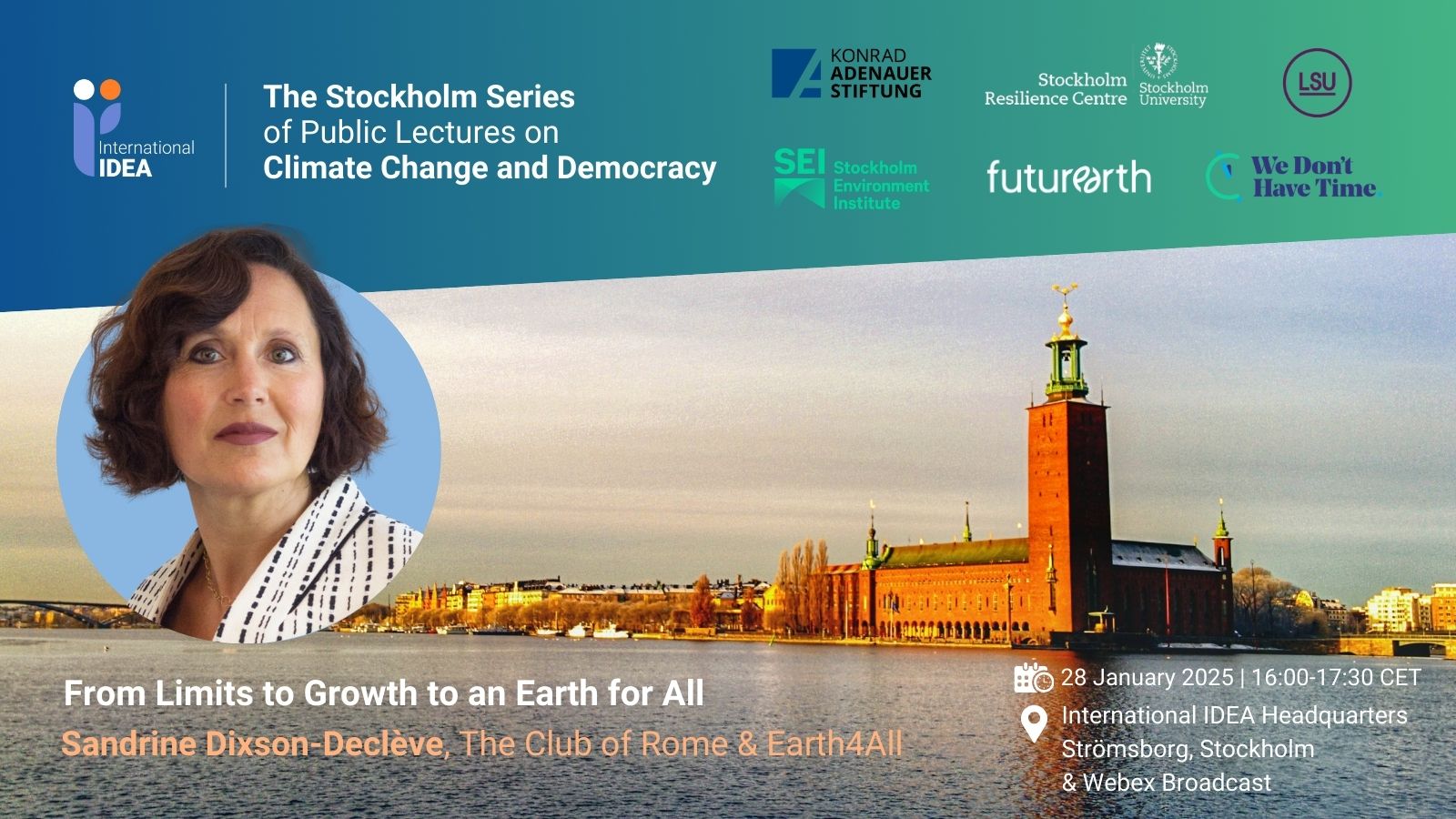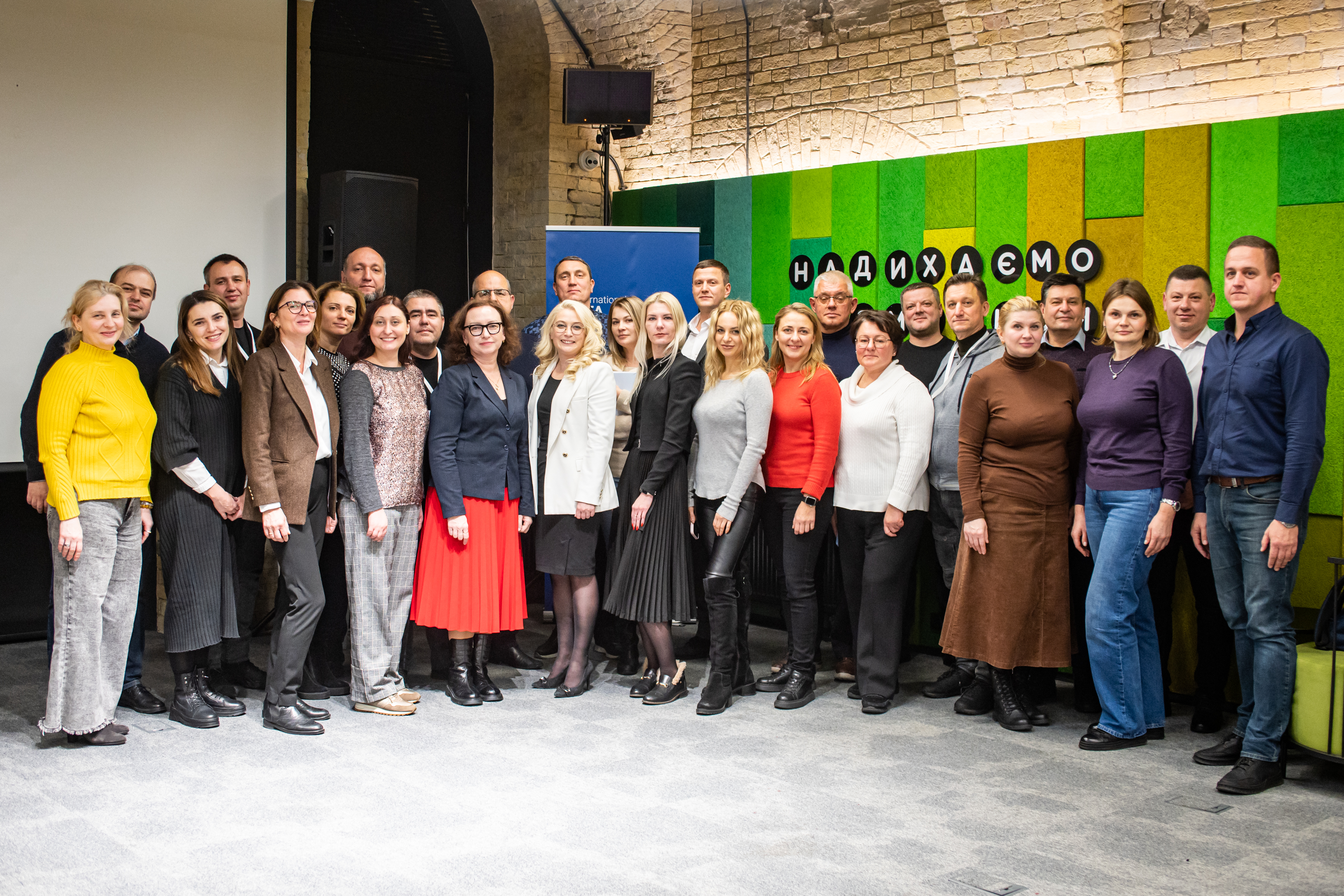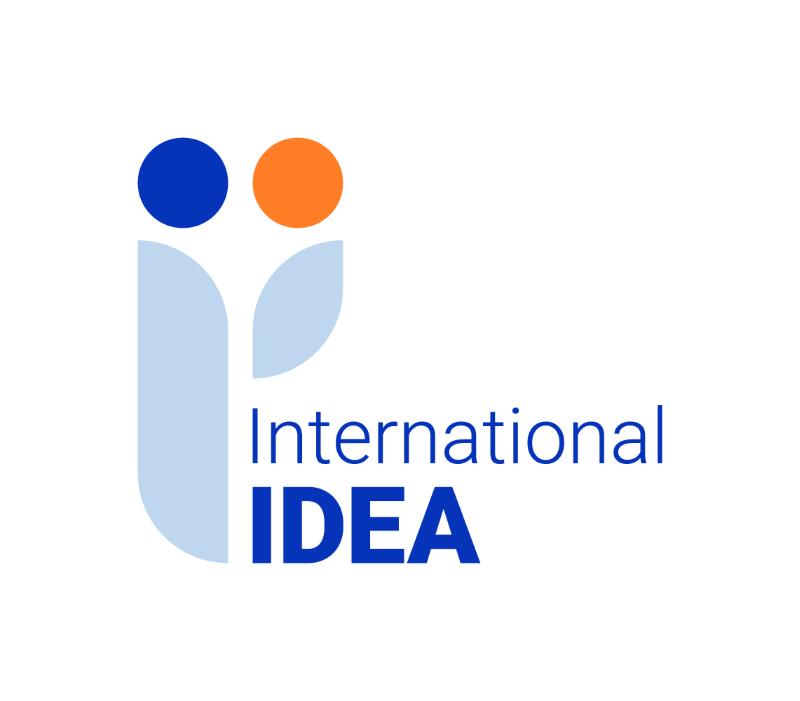“Media, civil society and electoral observers” was one of the topics addressed in a 5-day conference, organized by the Electoral Commission (EC) and United Nations Development Programme (UNDP) Joint Task Force on Electoral Assistance, held at the Dead Sea in Jordan, on 7–11 April 2014.
Credible elections are not possible without freedom of expression in a country, equitable access of candidates to the media and objective and neutral reporting. Over the past several years online social media has played a prominent role in the way in which we communicate and, interestingly, is playing an increasingly important role in the field of voter information. As the digital age blossoms, social media has great potential to become a hugely valuable and effective voter education tool for Electoral Management Bodies (EMBs).
At the conference, International IDEA’s Annette M. Fath-Lihic, Senior Programme Manager for Electoral Processes, gave a presentation on the role of social media in the electoral process and promoted the Institute’s latest publication on this topic, Social Media: A Practical Guide for Electoral Management Bodies. This Guide informs EMBs on the ways in which social media can be used to increase the participation of the electorate, boost communication, engage all members of the community, and improve transparency and trust throughout the electoral cycle.
Under the patronage of His Majesty King Abdullah II ibn al-Hussein of Jordan, the overall theme of the EC-UNDP Task Force on Electoral Assistance conference was Reinforcing credibility and acceptance of electoral processes: The role of electoral stakeholders and electoral administrations. The event brought together 250 participants, including EMBs from around the world, MPs, political party representatives, media associations, CSOs, UNDP staff, staff from EU Delegations and staff from international donor agencies and regional organizations active in electoral assistance and electoral observation.



